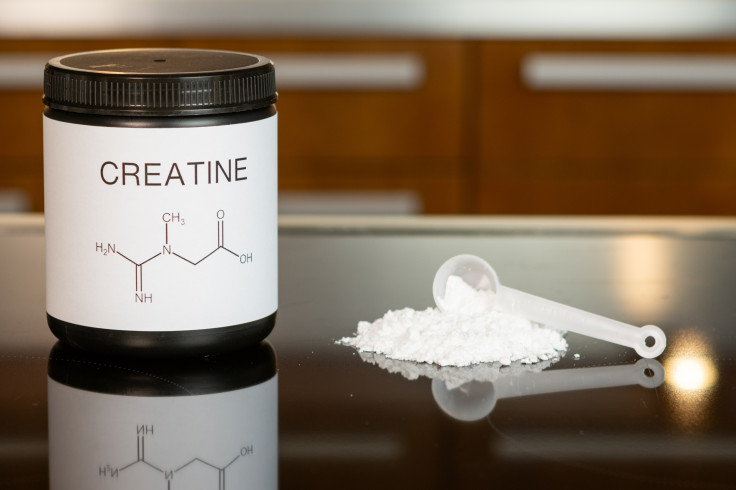Can Creatine Supplementation Alleviate Long COVID Symptoms? New Research Says Yes

Dietary creatine supplementation has the potential to ease post-viral fatigue syndrome (PVFS) caused by COVID-19, a new study has found.
In a recent small-scale study published in Food Science and Nutrition, researchers from Germany observed that dietary creatine supplementation could offer relief from some of the symptoms associated with long COVID, such as sleep disorders, dizziness, chest pain, depression and anxiety, which could last weeks, months, or even years.
It was observed that individuals who took dietary creatine for three months experienced significant improvement in their PVFS symptoms. According to the study, an increase in creatine in the brain led to improved brain performance, with the participants reporting a 77.8% drop in concentration problems during their three-month follow-up and no difficulties at their six-month follow-up.
At the six-month mark, the participants also showed improvements in their symptoms, such as reduced body pain, improved breathing, improved sense of taste, reduced headaches, and improvements in symptoms of brain fog, which caused problems concentrating, when compared to the group that received the placebo.
As part of the study, researchers analyzed the effects of creatine on 12 individuals aged 18 to 65, who had been diagnosed with COVID-19 in the previous three months.
Each participant in the study had at least one persistent, lingering post-COVID symptom, such as breathing difficulties, loss of smell or taste, pain and discomfort in their lungs, head or body aches, and difficulties with concentrating.
Half of the participants were given a daily dose of four grams of dietary creatine (in the form of Creavitalis), while the remaining six received an equivalent amount of a placebo known as inulin.
Creatine is an amino acid located mostly in the body's muscles as well as the brain. Most people get creatine from sources like seafood and red meat. It is also widely used as a dietary supplement for its potential to enhance athletic performance and muscle mass.
However, the study's corresponding author, Dr. Sergej Ostojic, voiced concerns about its limited scale, saying it posed constraints on the researchers' ability to identify potential gender-related variations in the data. He stated that more extensive studies would be needed to validate the research's results and to delve deeper into the impact of creatine on long COVID patients.
"It would be great to perhaps analyze the effects of creatine supplementation in different long COVID populations, particularly in elderly, more severe patients, those who didn't get a COVID-19 vaccine, and patients where creatine is co-administered with other interventions, such as breathing exercises, physiotherapy, or psychological support," said Dr. Ostojic, according to Medical News Today.
"One more aspect of our study that I would like to comment on is related to the fact that long COVID patients reported no major side effects of creatine intake in our study, so we consider creatine safe when administered in this dosage for up to six months," he added.



























